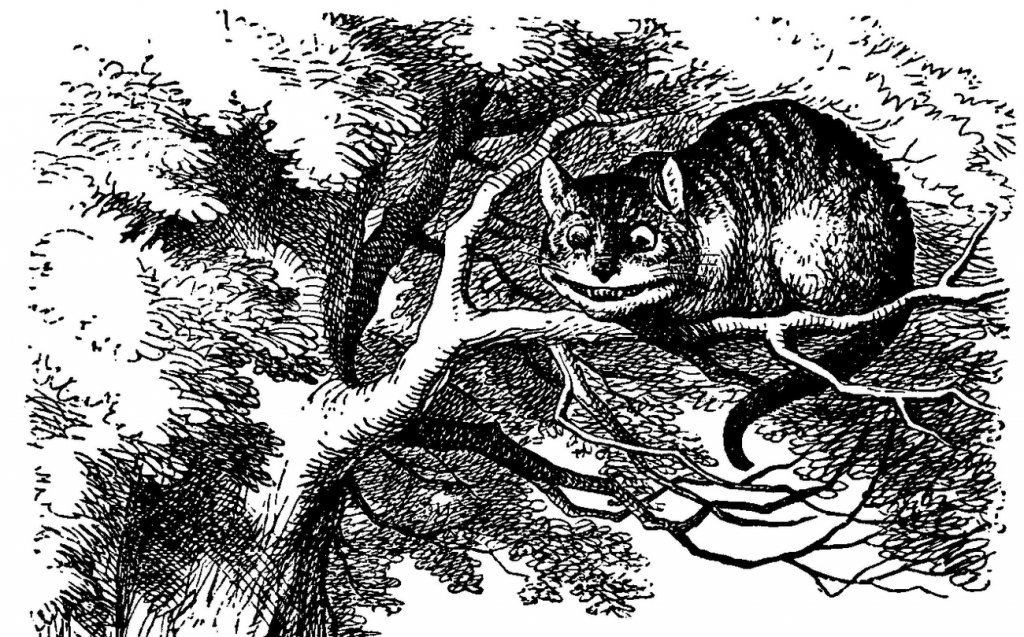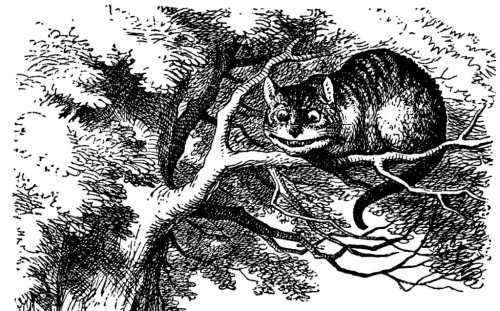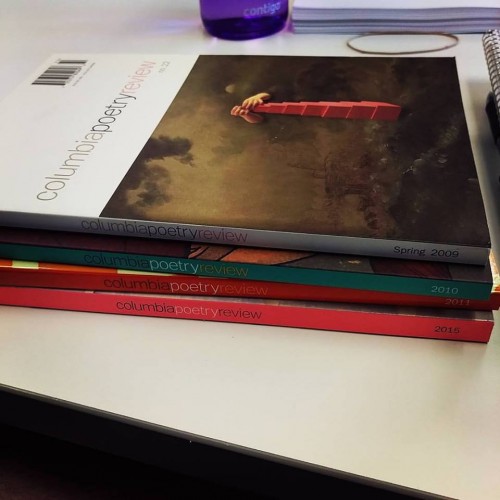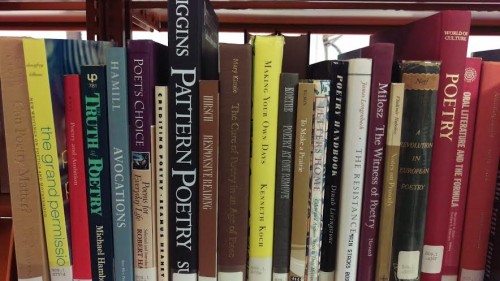
We’re All Mad Here

The Cheshire Cat – John Tenniel
‘But I don’t want to go among mad people,’ Alice remarked.
‘Oh, you can’t help that,’ said the Cat: ‘we’re all mad here. I’m mad. You’re mad.’
‘How do you know I’m mad?’ said Alice.
‘You must be,’ said the Cat, ‘or you wouldn’t have come here.’
In my last blog post, I promised you an answer to one of the most important questions in the search for the right graduate program: why Columbia? But before I get there, I feel it’s important to say that I can’t answer it for you — everyone needs to do that on their own — but I hope the particulars of why I chose Columbia College Chicago for my Poetry MFA can give you an idea of what the school has to offer.
While people romanticize writers discovering their voices in New York City, Chicago feels far more appropriate for my poet brain. Slam poetry was born here. The world’s largest youth poetry festival — Louder Than A Bomb — occurs yearly in Chicago and focuses on the spoken word talents of some incredible up-and-coming poets. Alumni from Columbia host regular readings in their living rooms that gather dozens of people. This is poetry to me. It’s why I moved to Chicago before applying to Columbia, and I don’t know that I expect to leave anytime soon (having regular access to my favorite musicians as they tour the midwest and some of the best museums in the world are nice benefits too).

Required reading as we developed a Columbia Poetry Review mission statement
Okay, so I love Chicago. We’ve established that. I’ll surely come back to it again and again — Chicago really is wonderful — but why Columbia in particular? The scientist in me hates that one of the main reasons I even looked at Columbia was anecdotal evidence. A childhood friend, one who I went to college with, finished his MFA in poetry here. So did his girlfriend. And then I met more of their friends who came from Columbia, and I liked what they had to say about poetry (and about other things). These were good people who were going in very different life directions from each other yet all seemed to have good things to say about what Columbia did for them as writers and people.
Then there’s the faculty. First: we have a fair number of poets. Second: they have a diverse range of poetic styles. Third: they are incredibly encouraging whether the Venn diagram of your style and theirs is one circle, two circles, or somewhere in between. I am saying this based on 5 weeks of workshop with CM Burroughs and an equal amount of time working with Tony Trigilio on Columbia Poetry Review, but my interactions with and reading of our other Poetry MFA professors tells me that our department is filled with poets who are mentors as well.

I don’t spend as much time on the 5th floor of the library as I would like.
And finally, while it’s not something I was confident about before my first classes: we’re all a bit mad here, in the best of ways. My cohort of writers, though small, is filled with distinct voices with very different ideas of what poetry is and can be. There has been no common road that has led us to Columbia but rather a series of winding and branching paths that have brought us together, and I don’t believe any of them would object to my saying they’re a bit odd. The second-year students seem to have similarly diverse yet cohesive personalities. The alumni I know are all a bit strange, with no two of them alike. The only real unifying trait I can find is a deep affection for poetry, and you need to be a bit mad for that, I think.
Really, I don’t think you could ask for something more from an MFA program than for it to introduce you to a group of people who love something you do in different ways than you do.
